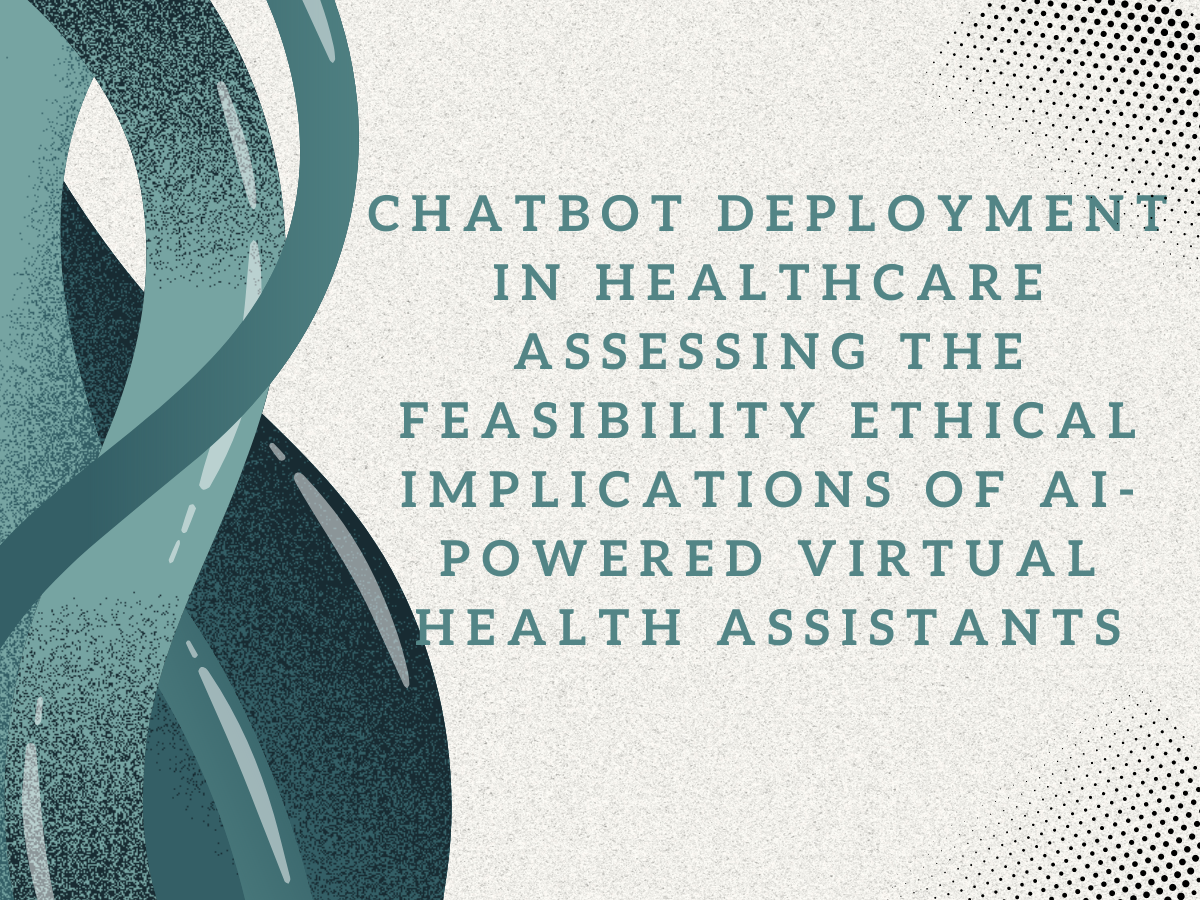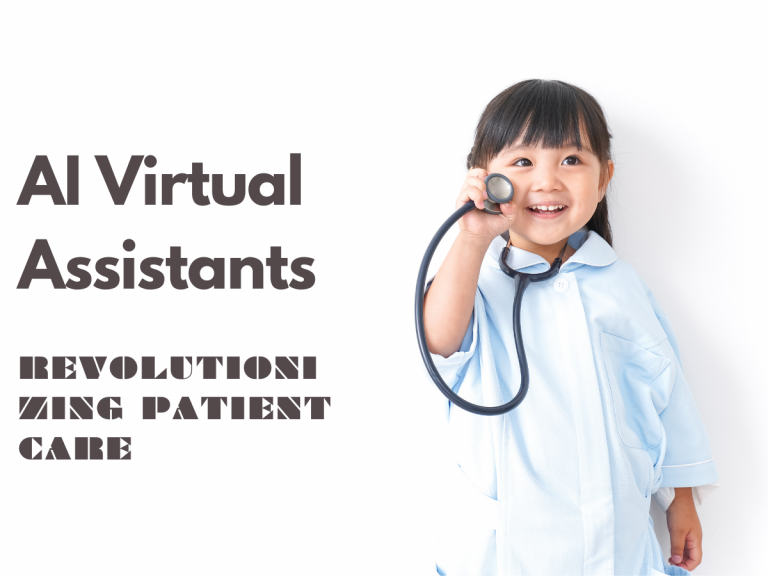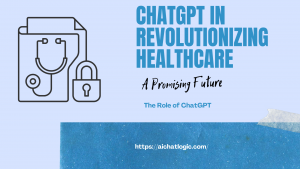1. Introduction
In recent years, significant advancements in artificial intelligence (AI) technology have revolutionized the healthcare industry. One of the key applications of AI in healthcare is the utilization of chatbots or virtual health assistants. These conversational agents powered by AI are specifically designed to deliver personalized healthcare support, address medical queries, and bolster patient engagement. This article examines the feasibility and ethical implications of deploying chatbots in healthcare settings, while also analyzing the advantages, challenges, and recommended strategies for successful implementation.
2. The Rise of Chatbot Deployment in Healthcare
With the increasing digitization of healthcare services, chatbots have emerged as a valuable tool for healthcare providers. These virtual assistants leverage natural language processing (NLP) algorithms and machine learning techniques to simulate human-like conversations and provide accurate responses to users’ queries.
Chatbots can deploy through various channels, such as websites, mobile apps, and messaging platforms, ensuring easy accessibility for patients.
3. Benefits of Chatbot Deployment in Healthcare
3.1 Enhanced Patient Engagement and Accessibility
Chatbots offer a convenient and accessible way for patients to engage with services. They provide round-the-clock support, allowing individuals to seek information and assistance at any time. By offering prompt responses and personalized recommendations, chatbots empower patients to actively participate in their healthcare journey.
3.2 Efficient Triage and Appointment Scheduling
Triage and appointment scheduling are crucial aspects of healthcare delivery. Chatbots can efficiently assess patients’ symptoms, triage them based on severity, and recommend appropriate actions. Moreover, these virtual assistants can streamline the appointment booking process, reducing waiting times and enhancing overall operational efficiency.
3.3 Continuous Monitoring and Remote Care
Chatbots equipped with remote monitoring capabilities enable continuous tracking of patients’ vital signs, symptoms, and medication adherence. This real-time data can be used to detect potential health issues early on and trigger timely interventions. Additionally, chatbots can offer remote care and support for individuals with chronic conditions, improving their quality of life and reducing hospital readmissions.
3.4 Personalized Health Recommendations and Education
AI-powered chatbots can leverage patient data and medical knowledge to provide personalized health recommendations and educational resources. By understanding individual preferences and medical history, chatbots can deliver tailored guidance on nutrition, exercise, medication adherence, and disease management. This personalized approach fosters patient empowerment and encourages proactive care behaviors.
4. Challenges in Chatbot Deployment
While chatbots hold immense potential in care, their deployment is not without challenges. It is crucial to address these challenges to ensure the safe and effective use of chatbot technology.
4.1 Ensuring Privacy and Data Security
As chatbots handle sensitive patient information, ensuring privacy and data security is of paramount importance. Robust security measures must be implemented to protect patient data from unauthorized access or breaches. Compliance with relevant data protection regulations, such as the Health Insurance Portability and Accountability Act (HIPAA), is vital in maintaining patient trust.
4.2 Handling Complex Medical Queries
Chatbots should be able to handle complex medical queries effectively. While they can provide general information and guidance, it is essential to identify their limitations and redirect users to human healthcare professionals when necessary. Striking the right balance between automated responses and human intervention is critical to avoid misdiagnosis or incomplete medical advice.
4.3 Mitigating Biases and Ensuring Inclusive Care
AI algorithms used in chatbots can inadvertently perpetuate biases present in the underlying training data. To ensure inclusive and equitable care, healthcare providers must actively monitor and address any biases that may arise. Regular audits, diverse training data, and ongoing algorithmic adjustments are essential to mitigate these biases and provide fair healthcare support.
5. Ethical Considerations in Chatbot Deployment
The deployment of chatbots in healthcare raises several ethical considerations that require careful attention to safeguard patients’ rights and well-being.
5.1 Transparency and Explainability
Chatbots should be transparent about their limitations and capabilities. Users should be informed that they are interacting with an AI-powered system and understand the boundaries of the chatbot’s knowledge. Additionally, chatbot responses should be explainable, enabling users to understand the reasoning behind recommendations or decisions.
5.2 Autonomy and Informed Consent
Respecting patients’ autonomy and providing informed consent is crucial when deploying chatbots. Users should have the option to choose whether they prefer interacting with a chatbot or a human healthcare professional. Additionally, the purpose, limitations, and potential risks associated with chatbot usage should be clearly communicated to users.
5.3 Safeguarding Against Misdiagnosis and Overreliance
To prevent misdiagnosis and overreliance on chatbots, healthcare providers must emphasize the role of chatbots as tools for support and information, rather than substitutes for professional medical advice. Users should be encouraged to seek human medical consultation for complex or serious health concerns.
5.4 Accountability and Legal Implications
The deployment of chatbots raises accountability and legal implications. Healthcare providers must establish clear lines of accountability for chatbot interactions and ensure that appropriate oversight mechanisms are in place. Furthermore, compliance with medical regulations, ethical guidelines, and legal frameworks is essential to protect patient rights and ensure responsible use of chatbot technology.
6. Best Practices for Successful Chatbot Deployment
To maximize the benefits and minimize the challenges associated with chatbot deployment, healthcare providers should follow best practices throughout the implementation process.
6.1 User-Centric Design and Testing
Prioritizing user experience and designing chatbots with a user-centric approach is essential. Usability testing should be conducted to gather feedback and iteratively improve the chatbot’s functionality and performance. Incorporating user feedback ensures that the chatbot meets the needs and expectations of patients.
6.2 Integration with Existing Healthcare Systems
Seamless integration of chatbots with existing healthcare systems and electronic health records (EHRs) enables efficient information exchange and enhances the overall healthcare experience. Integration allows chatbots to access relevant patient data, leading to more personalized and accurate responses.
6.3 Continuous Monitoring and Improvement
Chatbots should be continuously monitored for performance and accuracy. Regular updates and improvements based on user feedback, new medical research, and technological advancements ensure that chatbots remain up-to-date and provide the most relevant and reliable information to users.
6.4 Collaboration between Healthcare Providers and AI Experts
Collaboration between healthcare providers and AI experts is crucial for successful chatbot deployment. Healthcare professionals provide domain expertise, ensuring that the chatbot’s responses align with medical standards. AI experts contribute their technical knowledge to develop robust algorithms and improve the chatbot’s conversational capabilities.
7. Future Outlook and Potential Impact
The future of chatbot deployment in healthcare is promising. Advancements in AI, natural language understanding, and machine learning will further enhance chatbot capabilities, making them even more valuable in delivering personalized and accessible healthcare support. As chatbots continue to evolve, their potential impact on healthcare delivery, patient outcomes, and the overall patient experience is substantial.
8. Conclusion
Chatbot deployment in healthcare offers numerous benefits, including enhanced patient engagement, efficient triage, continuous monitoring, and personalized health recommendations. However, challenges such as privacy concerns, handling complex queries, and mitigating biases must be addressed. Ethical considerations surrounding transparency, autonomy, and accountability are vital for responsible chatbot deployment. By following best practices, continuously improving performance, and fostering collaboration between healthcare providers and AI experts, chatbots can revolutionize healthcare delivery and improve patient outcomes.
FAQs
Q1: Are chatbots replacing human healthcare professionals?
No, chatbots are not intended to replace human healthcare professionals. They serve as tools to augment healthcare services, provide information, and offer support. In complex cases or situations requiring human expertise, users should consult a healthcare professional.
Q2: How can chatbots ensure privacy and data security?
Chatbots should adhere to stringent data security measures, such as encryption, access controls, and regular audits. Compliance with relevant data protection regulations, like HIPAA, is essential. Healthcare providers must prioritize privacy and implement robust security protocols to safeguard patient data.
Q3: Can chatbots handle medical emergencies?
Chatbots are not suitable for handling medical emergencies. In emergency situations, users should contact emergency services or seek immediate medical attention. Chatbots can assist with general information and guidance, but they cannot replace timely professional medical intervention.
Q4: How can biases in chatbots be mitigated?
To mitigate biases, healthcare providers should ensure diverse and representative training data for chatbots. Regular audits and ongoing algorithmic adjustments can help identify and address biases. Continuous monitoring and evaluation are crucial to promoting inclusive and unbiased healthcare support.
Q5: Can chatbots provide personalized healthcare recommendations?
Yes, chatbots can provide personalized healthcare recommendations based on user data and medical knowledge. By analyzing individual preferences, medical history, and symptoms, chatbots can offer tailored guidance on nutrition, exercise, medication adherence, and disease management. However, users should consult healthcare professionals for specific medical advice.













+ There are no comments
Add yours